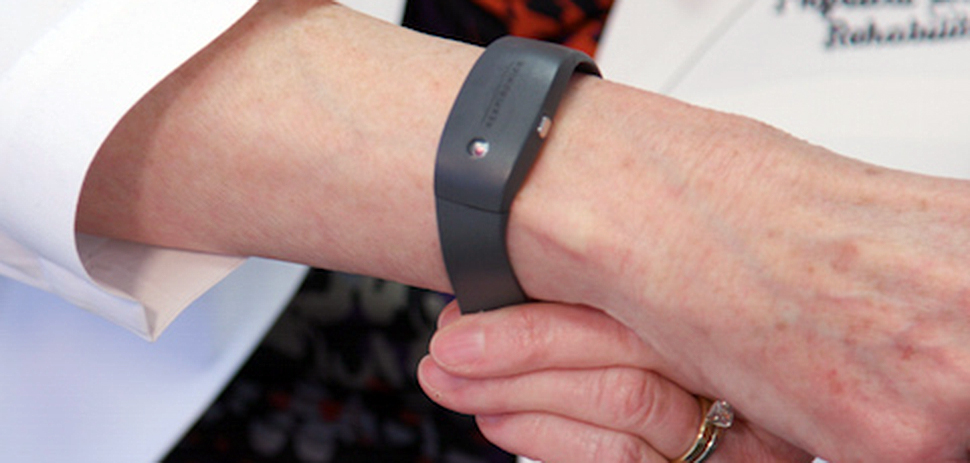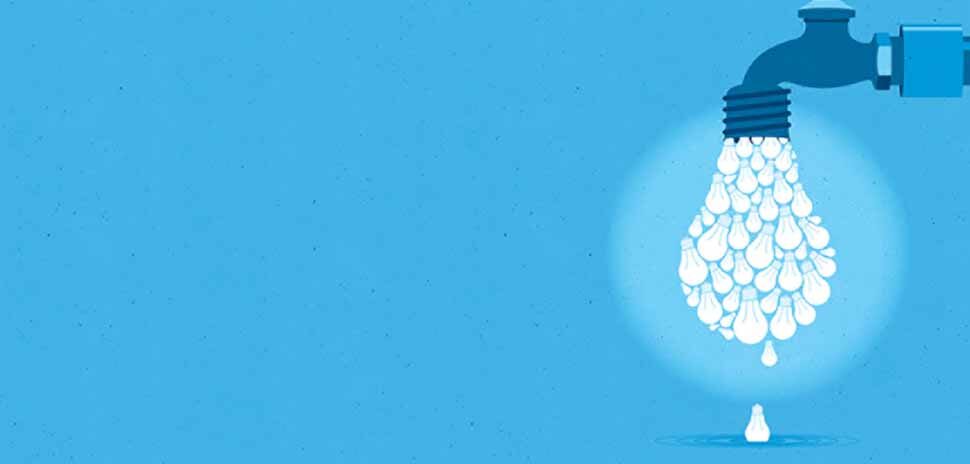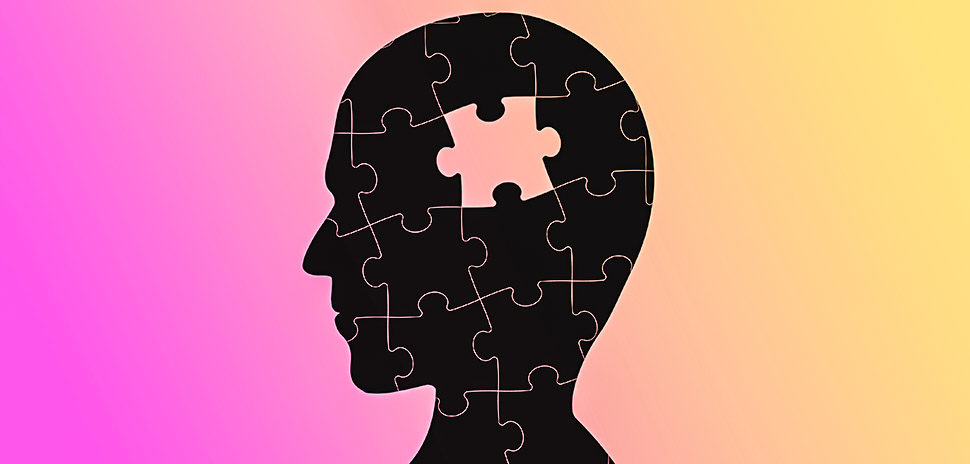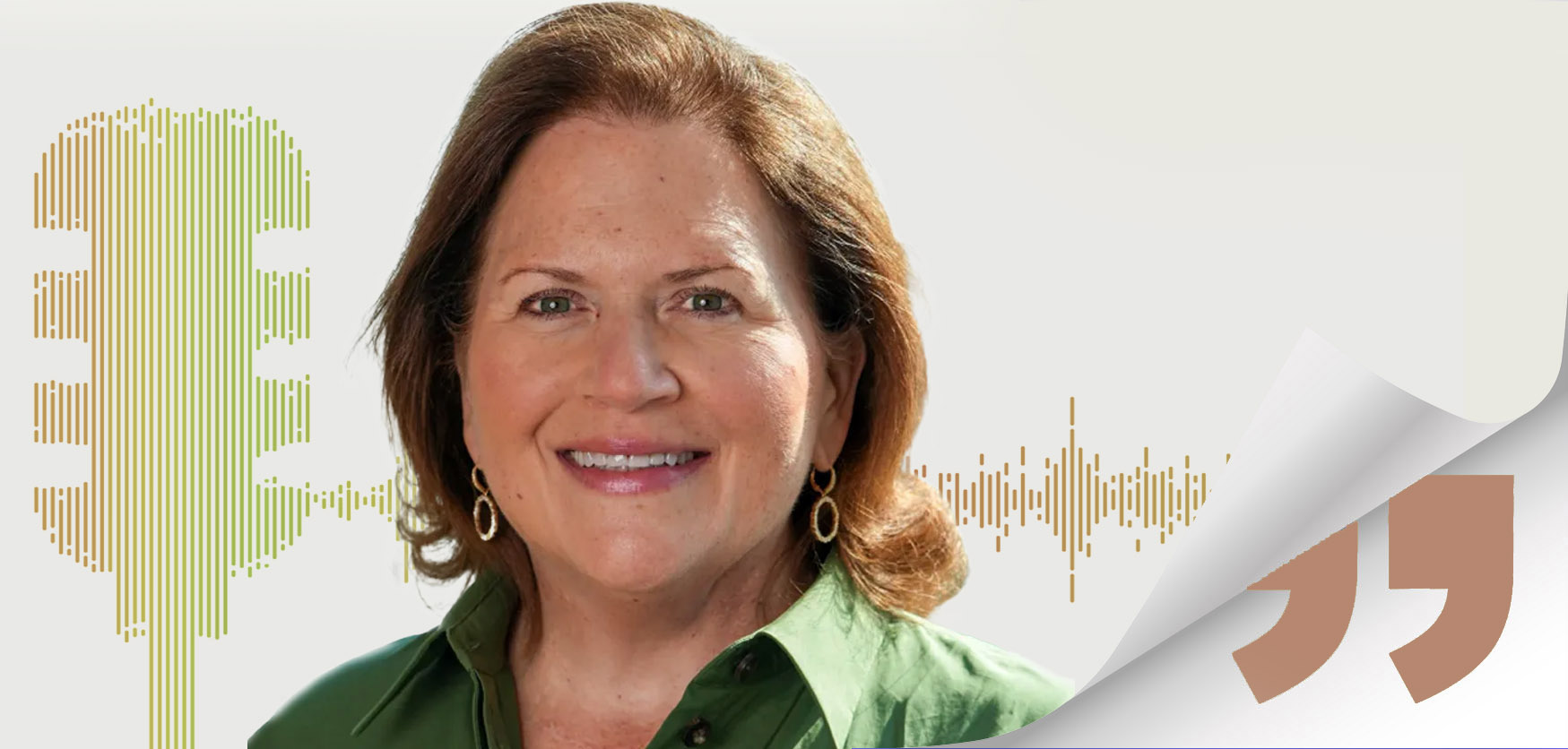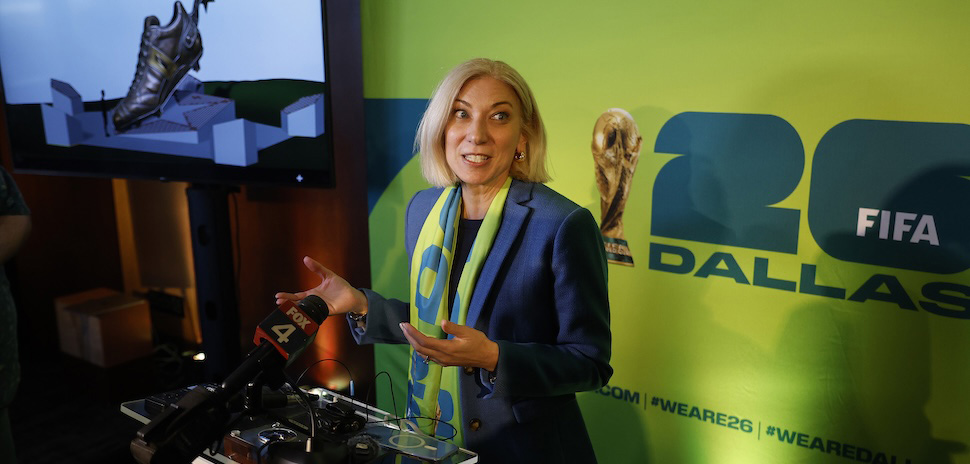
Dr. Kathleen Bell
People with traumatic brain injuries often develop sleep apnea, and researchers at the Peter O’Donnell Brain Institute at UT Southwestern are participating in a national study to determine if wristwatch-like sensors can be an effective diagnostic tool for the condition.
UT Southwestern said the the $2.68 million study will compare the accuracy of the devices versus formal sleep laboratories commonly used in the diagnosis of sleep apnea.
Sleep apnea — a disorder characterized by snoring with pauses in breathing that disrupt sleep — can be a setback to the recovery of patients with traumatic brain injuries, researchers said.
“Optimizing sleep is essential for neurorecovery after TBI.”
Dr. Kathleen Bell
“Optimizing sleep is essential for neurorecovery after TBI,” said Dr. Kathleen Bell, chair of Physical Medicine and Rehabilitation, and the project’s investigator at the brain institute.
Often, TBI patients don’t realize they are at higher risk and may be unaware their sleep is being disrupted. UT Southwestern said that up to 3 million TBIs happen each year across the nation.
Funding for the study is from the Patient-Centered Outcomes Research Institute to move previous work by the multi-institutional team forward.
According to the release, the research team has published the largest study to examine sleep apnea incidence in consecutive admissions to inpatient brain injury rehabilitation.
SLEEP APNEA CAN AFFECT BRAIN INJURY PATIENTS
They found that 50 percent of all brain injury admissions — and 37 percent of persons with TBI — received diagnoses of sleep apnea, the release said.
The wrist actigraphs will be upgraded for the study to improve sleep-tracing abilities to determine if they are a viable alternative for TBI patients to sleep laboratories. Traditionally, the actigraphs were primarily used informally for researchers to monitor sleep patterns.
Other institutions involved in the study include the University of Washington, Seattle; Ohio State University, Columbus, Ohio; Craig Hospital, Denver; Moss Rehabilitation Research Institute, Philadelphia; and North Texas TBI Model System, Dallas. UT Southwestern said that sleep specialists from the University of South Florida, Stanford University, and North Florida/South Georgia Veterans Health System also are participating in the study.
Delivering what’s new and next in Dallas-Fort Worth innovation, every day. Get the Dallas Innovates e-newsletter.

